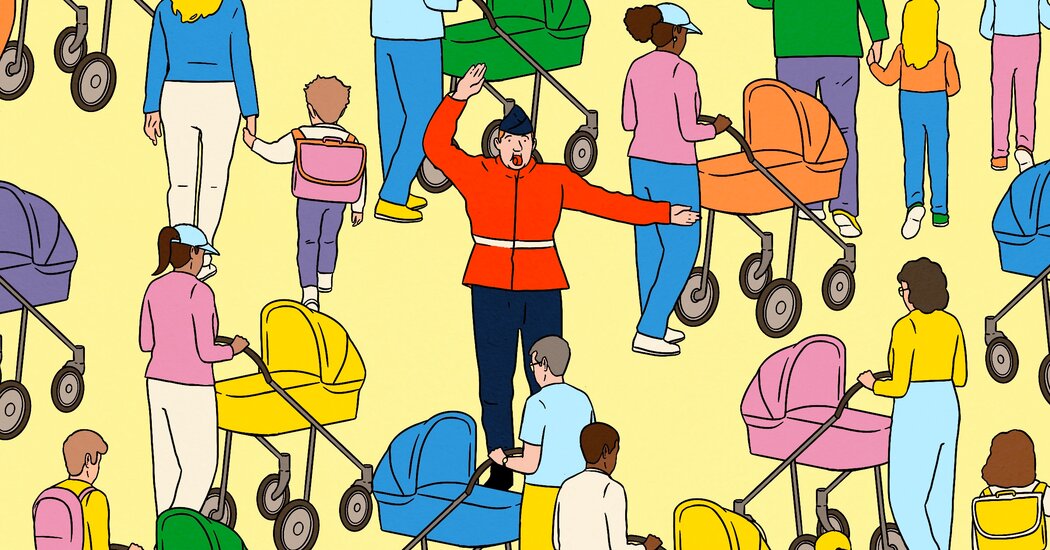
To the Editor:
Re “Vaccine Debates Miss the Messy Middle,” by Jennifer Reich (Opinion guest essay, Oct. 3):
Dr. Reich underscores the bewildering flood of information parents face when considering vaccines for their kids. As a pediatrician for 50 years, I understand how confusing this can be.
But vaccines and vaccine schedules are the products of scientific, peer-reviewed research designed to protect children when they’re most vulnerable. Take it from me — nobody knows a child better than a parent. But as a time-tested doctor for kids, I ask families to trust and follow the time-tested best source of information: your child’s doctor.
Vaccines save lives.
Daniel J. Levy
Columbia, Md.
The writer is a past president of the Maryland chapter of the American Academy of Pediatrics.
To the Editor:
It’s true that as a society we are becoming more focused on individual decisions as opposed to communal ones, and that therefore, with parents (especially mothers) deciding whether or not to vaccinate their children with all available options, “the impact of their vaccine choices on others is not necessarily part of their calculation.”
And it’s also true, however, as Jennifer Reich points out, that we have many times when public behavior is about other children, such as obeying traffic laws at school crosswalks.
But let’s get personal: We teach our children not to bully other kids, not to take away toys from playmates and to invite their whole class to the birthday party so as not to exclude just a few. In other words, good parents often make decisions about how their children can have an impact on other children.
Why should vaccinations be any different? If children are taught to respect the needs of others, parents can model that with vaccinations as well.
James Berkman
Boston
Pam Bondi’s Performance
To the Editor:
Re “Wildfire Smoke Becoming More Deadly, Study Finds” (news article, Sept. 23):
The United States faces an unprecedented wildfire crisis. Yet while wildfires’ physical and economic tolls are well recognized, health impacts are often overlooked.
Smoke is a far more widespread danger than flames. Wildfire smoke makes it harder for kids to learn and workers to work; indeed, smoke has cost American workers at least $1 trillion in wages since 2020. And far too many Americans are suffering from debilitating smoke-related heart, lung and blood conditions.
It’s encouraging to see more research and deep reporting on smoke and other wildfire health impacts. But telling the story isn’t enough. Our leaders must act.
A long-overdue step is to equip our nation’s heroic wildland firefighters with proper protective gear. The federal government recently began issuing N95 masks to firefighters. N95s are helpful on the margins, but they are also flammable — and thus obviously unsuited for work on active fire lines.
Even better would be to cut down on smoke exposure in the first place. In Congress, lawmakers have a tremendous opportunity to pass the bipartisan Fix Our Forests Act, which could reduce smoke pollution by improving forest management and enhancing prescribed fire.
With our health and safety at risk, there’s no time to waste.
Hannah Safford
Arlington, Va.
The writer is the associate director for climate and environment at the Federation of American Scientists.